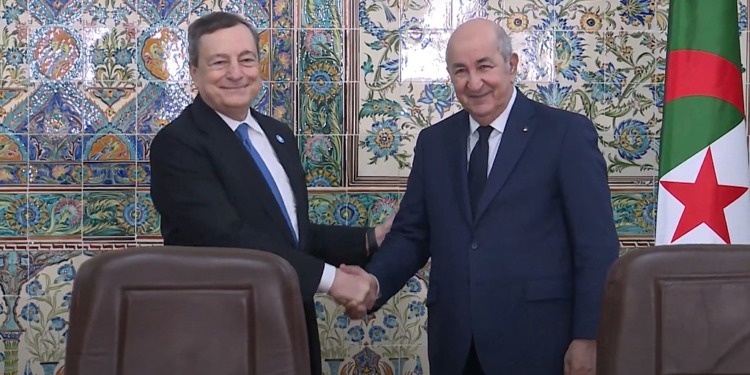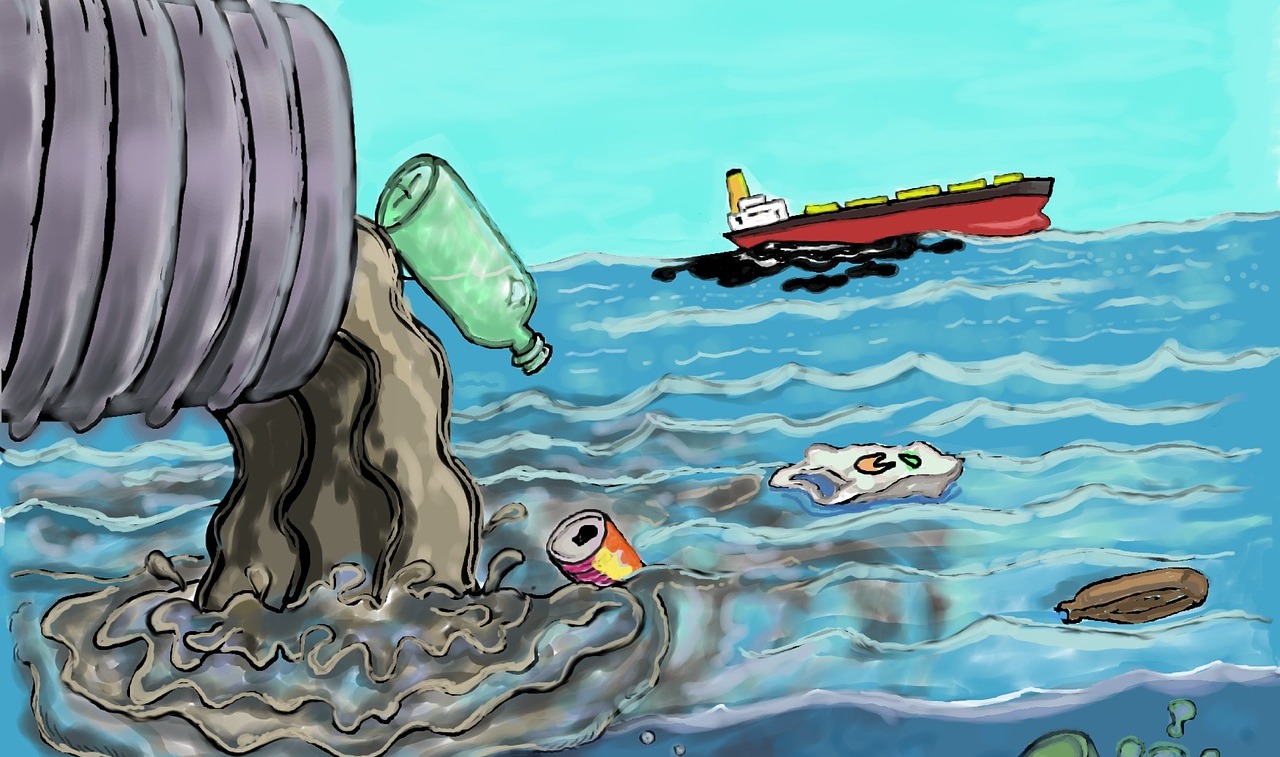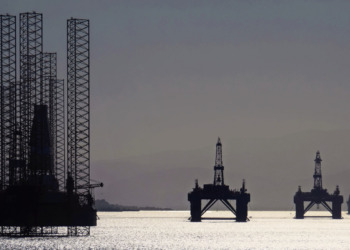Italy’s prime minister Mario Draghi has called on the European Commission to issue precise guidelines on how European companies can issue payments for Russian gas without falling short of EU policy position in support of Ukraine in the conflict.
What the Union and main experts fear is that complying with the Russian request will dampen the effect of sanctions. A scenario in which Russia is free of economic complications for the next year and continues to conduct its military campaign in Ukraine without sensible consequences is really one that no one in the West would like to see.
It is true, however, that decisions are taken by politicians, and politicians rely on voters to remain in power and retain control of the state. Since voters are also consumers, politicians are usually hesitant to worsen the state of the economy in such a way that would compromise the general quality of life. Such a condition could indeed shift the preference of voters towards other candidates.
All honest observers understand that complying with the Russian request would equal sustaining the Russian war against Ukraine. Even if the sheer legality of the gas payment contracts ends up being preserved because of new ad hoc procedures engineered to comply with Putin’s request, whatever measure that increases the demand of rubles will dampen the impact of sanctions.
It is because of this that the comment of Italy energy minister Cingolani on Draghi’s statement is alarming:
“I think at the moment the understanding is not complete from the point of view of legal issues and implications. I think it would be good for a few months, at least, to allow companies to go ahead and pay in rubles, while we understand the legal framework and implications,”
This statement is retrieved from an interview to Politico. He also added that he expects “a speedy and very clear pronouncement from the European Commission” confirming that oil and gas companies can pay in rubles for the time being.
This statement is not only alarming; it’s absurd. Mario Draghi was among the first ministers to clearly explain that not complying with the Russian request would require a breach of contracts. Not surprisingly, Cingolani retracted his statement claiming that Politico twisted his phrase to make it sound controversial. Others argue that Politico’s reporting was accurate and that Draghi privately made sure that Cingolani changed his statement.
Related articles: What is the new EUCSRD? | Help From an Unexpected Quarter as Russia Halts Gas Supplies to Poland and Bulgaria |
Nonetheless, many businesses in Europe are looking for ways to comply with Russia’s request while respecting sanctions law.
For example, Uniper has declared that it will continue to pay for Russian gas in euros because it believes a “payment conversion compliant with sanctions law” is possible, provided it pays for the gas in Euros deposited not in a European bank but directly in a Russian bank. It is doing this, it said, because it cannot cope without gas in the short-term: “This would have dramatic consequences for our economy,” its spokesman stated.
The Eurasia group in a note yesterday said that the European Commission is likely to allow the “loophole” and companies will be able, for the time being, to issue payments for gas in this manner without getting into conflict with EU laws.
This however clearly boils down to a legal “loophole” and, while European companies might avoid getting in legal trouble with the EU institutions, the end result of such a stunt would still be a concrete form of support for Putin, further enabling his war effort.
Europe has three alternatives:
- Complying with the Russian request (which would entail the consequences detailed above)
- Endure a gas cut-off
- Find alternatives to replace Russian gas
The third alternative would save the EU from making a difficult choice, but the latest reports show there is not enough time to substitute Russian gas completely – although, as I have noted in a previous article, weather is on the side of the EU as demand for gas decreases with the coming summer.
European Commissioner for Energy Kadri Simson has claimed that the Commission will present a report detailing how the EU will replace two-thirds of Russian gas by the end of the year. This will be achieved through deals with alternative gas suppliers, increasing renewable energy intake and exploiting energy savings.
This would mean that, unless new opportunities arise or Putin’s conditions are satisfied, Europe will have to reduce energy consumption by one-third to sustain itself through the winter.
Unsurprisingly,if western politicians and businesses are panicking. A politician is defined by power, and a firm by revenue. The Russian gas payments crisis is threatening the identity and essence of the European political and business sphere.
The problem is, if Putin succeeds with his plan, the identity and essence of what it means to be European would be at risk.
Editor’s Note: The opinions expressed here by Impakter.com columnists are their own, not those of Impakter.com. — In the Featured Photo:Mario Draghi and Abdelmadjid Tebboune . Featured Photo Credit: Wikimedia Commons.










